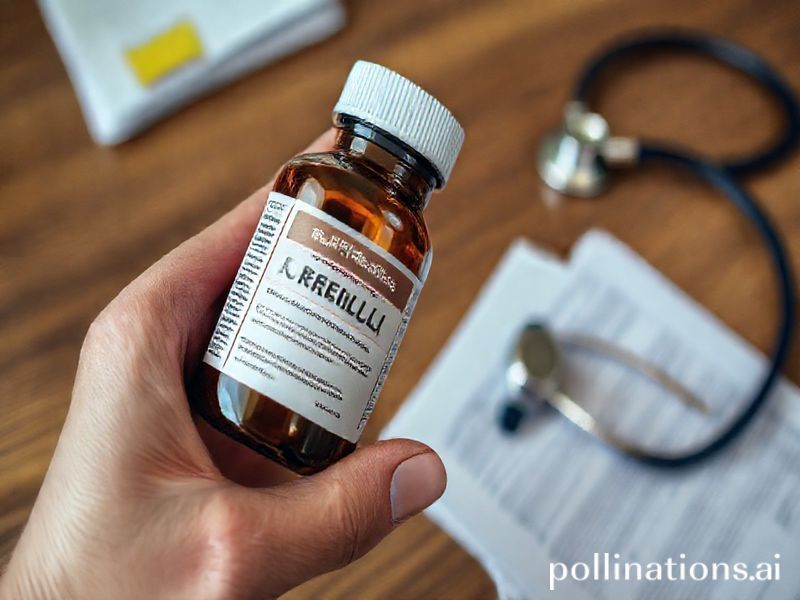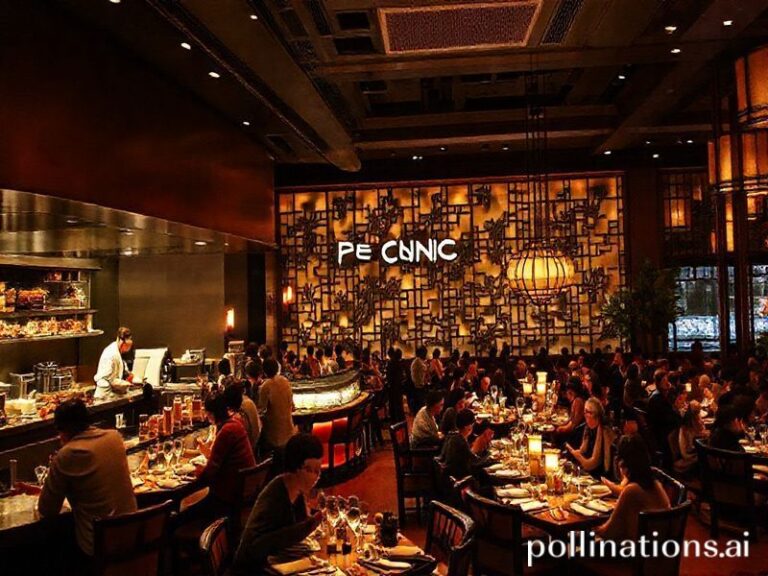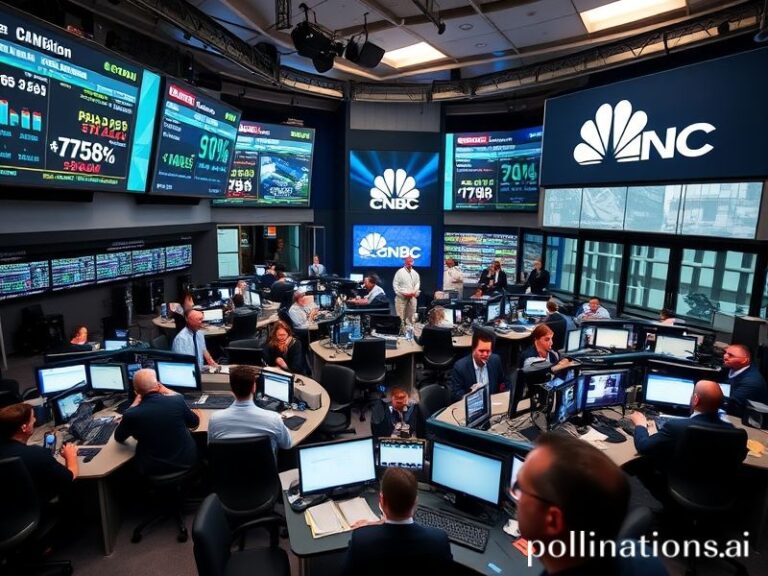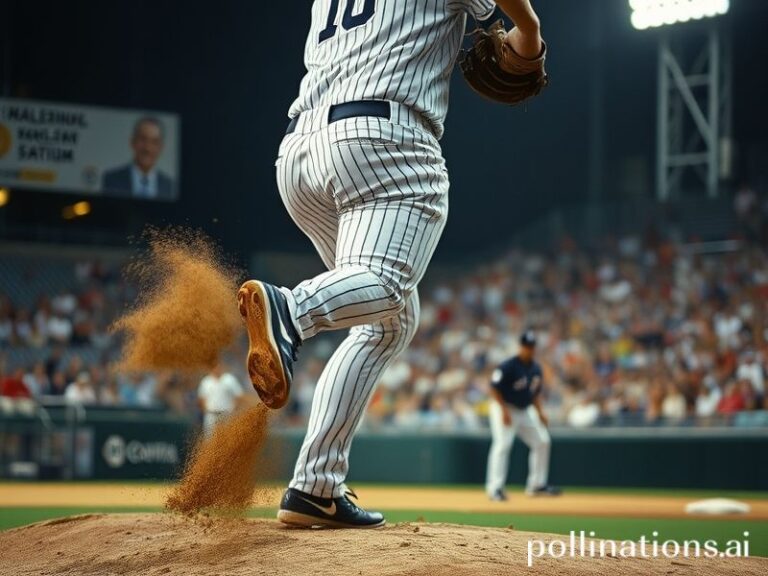The Great Blood Pressure Drop: Why the World’s Suddenly Talking About Recalled Meds
# **The Great Blood Pressure Drop: Why the World’s Suddenly Talking About Recalled Meds**
In a world where we’re all trying to keep our cool—both literally and metaphorically—it seems like the universe has a funny way of reminding us that sometimes, things just don’t go as planned. Enter the global trend that’s got everyone from your grandma to your local pharmacist buzzing: recalled high blood pressure medication. Yep, you read that right. The very stuff meant to keep our hearts ticking smoothly has suddenly become the star of a real-life medical drama.
### **Why Is This Trending Globally?**
First off, let’s talk about why this isn’t just a blip on the radar. High blood pressure, or hypertension, is a silent but deadly condition affecting millions worldwide. It’s the kind of thing that doesn’t announce itself with flashy symptoms, which is why so many people rely on medication to keep it in check. So when news breaks that some of these meds might be doing more harm than good, it’s no surprise that the internet—and the world—takes notice.
The recall has been linked to a potentially harmful ingredient called **NDMA**, which sounds like something out of a sci-fi movie but is, in fact, a nasty little chemical that can cause cancer. Yikes. The recall has hit multiple countries, including the U.S., Canada, and parts of Europe, making it a truly global headache. And in the age of social media, news like this spreads faster than a TikTok dance challenge.
### **Cultural Context: A Global Health Scare**
This isn’t just a medical issue; it’s a cultural one. In the U.S., where healthcare is a hot-button topic, the recall has sparked debates about drug regulation, pharmaceutical accountability, and even the reliability of generic medications. Meanwhile, in countries with universal healthcare, the focus is on how quickly and effectively governments can respond to such crises.
Social media has played a huge role in amplifying the conversation. Memes about “blood pressure dropping for the wrong reasons” have popped up, and support groups for people affected by the recall have sprung up on platforms like Facebook and Reddit. It’s a reminder that even in the digital age, health scares bring people together—sometimes in the most unexpected ways.
### **Social Impact: Trust and Transparency**
The recall has also raised questions about trust in the pharmaceutical industry. Patients who’ve relied on these medications for years are now left wondering if they’ve been putting their health at risk without even knowing it. The social impact is twofold: on one hand, there’s the immediate concern for those who’ve taken the recalled meds, and on the other, there’s the broader issue of trust in the system designed to keep us safe.
Pharmaceutical companies and regulatory agencies are scrambling to address the issue, but the damage to public trust might take longer to repair. It’s a stark reminder that in the world of healthcare, transparency isn’t just a buzzword—it’s a necessity.
### **Why This Topic Matters**
So why should you care? Well, for starters, this recall affects millions of people worldwide. It’s a wake-up call about the importance of staying informed about the medications we take and the systems that regulate them. It’s also a reminder that even the most common health issues can have far-reaching consequences when things go wrong.
But beyond the immediate health implications, this story is a microcosm of larger societal issues. It’s about trust, accountability, and the role of technology in spreading information (and misinformation). It’s about how a single event can ripple across cultures and continents, uniting people in shared concern and, hopefully, shared solutions.
### **The Bottom Line**
The recalled high blood pressure medication trend is more than just a headline—it’s a conversation starter. It’s a reminder that in a world where health is wealth, we can’t afford to take anything for granted. So whether you’re a patient, a healthcare provider, or just someone who likes to stay in the loop, this is one trend worth paying attention to.
After all, in the words of the internet’s favorite health guru, “Stay woke—or in this case, stay healthy.”







